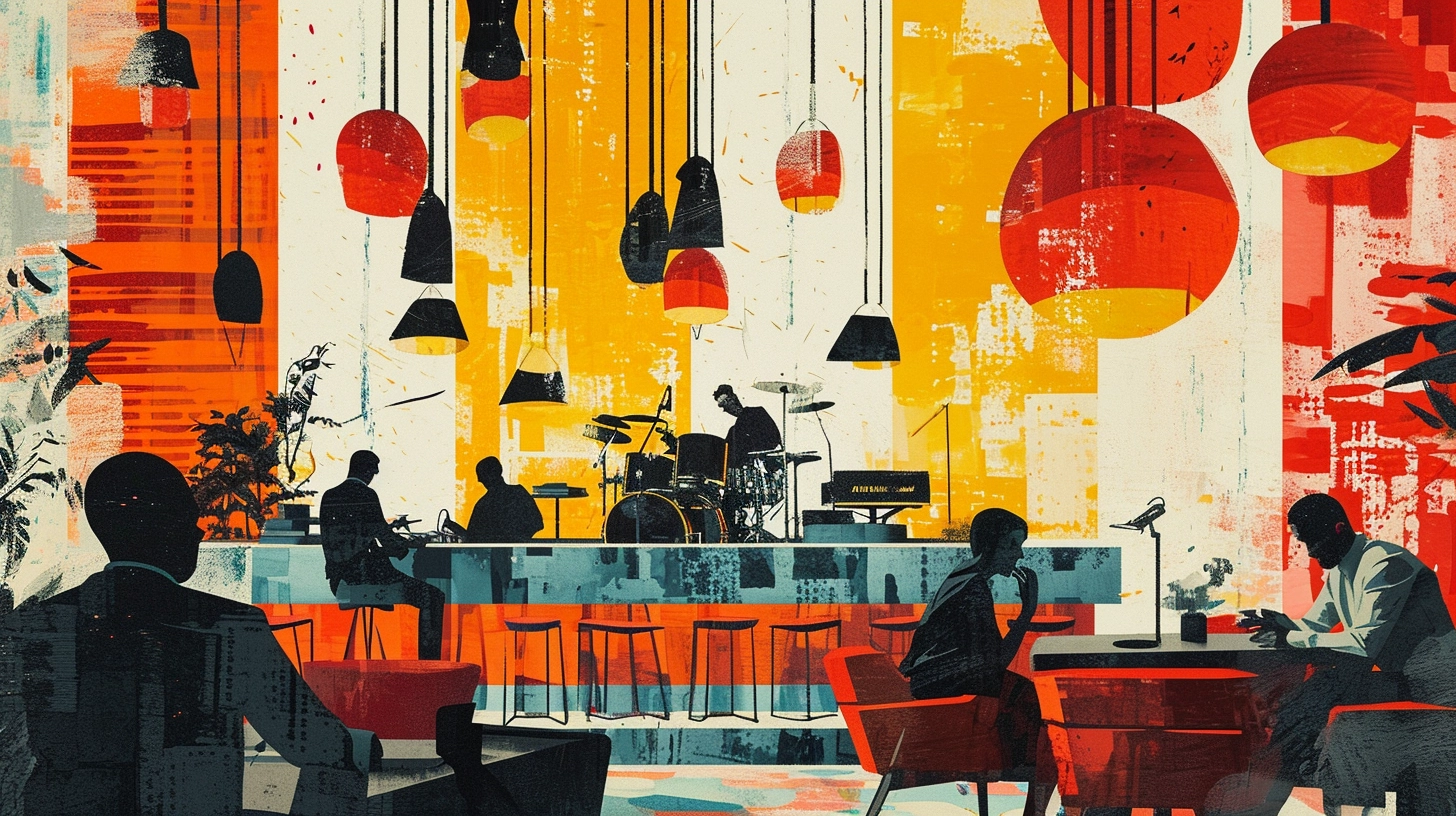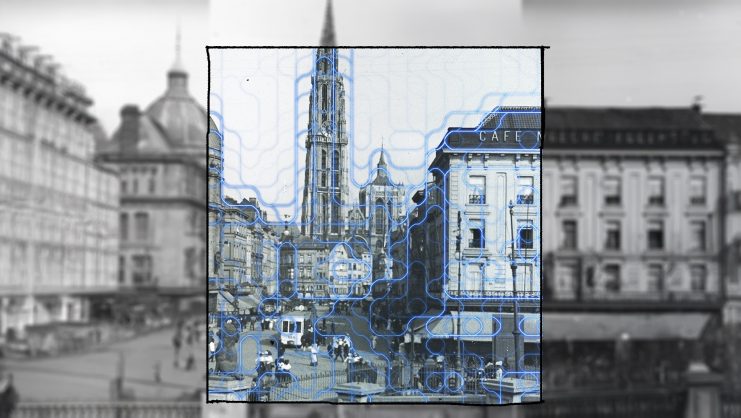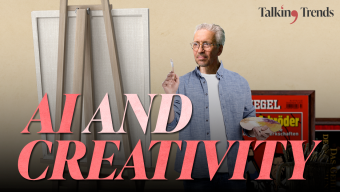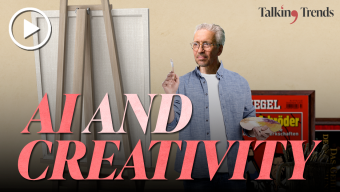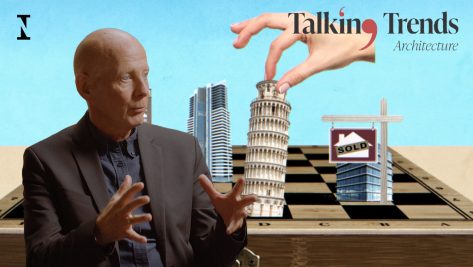We live in an era “that is blurring the lines between the physical, digital, and biological spheres,” a time marked by automation, robotization, and artificial intelligence. For the workforce, this means the need for skills with no expiration date, such as complex problem-solving, critical thinking, and creativity. In fact, the World Economic Forum has defined these capabilities as being the most essential a worker of the future can have and key to an economy that has gone from being productive, physical, and industrial, to digital and creative.
In this context, warehouses and factories have given way to co-working spaces, fab labs, incubators, and creativity workshops where the businesses that operate in them are highly interdependent, fusing creation, production, cooperation, and distribution in what has been called the ecosystem of the creative economy. This is something that Richard Florida identified in 2002 in the seminal work The Rise of the Creative Class, in which he holds that the creative classes are key to cities’ economic growth and urban vitality.
In fact, according to UNESCO, the cultural and creative industries are two of the fastest-growing sectors, with a global value of $4.3 trillion a year and nearly 30 million jobs worldwide. This has a major impact on the hotel industry, which has long been at the forefront of this transformation, successfully converting once-industrial spaces into unique accommodation choices. This metamorphosis has been characterized by three key milestones in the last 15 years:
- Airbnb launched in 2008, giving customers the opportunity to experience a location like someone who lives there. This was a new paradigm, moving from ownership to access, and transforming space into a service.
- WeWork opened its first location in 2010 and forever changed the idea of an office into a space for cooperation and creativity. This idea quickly caught on, with various other brands soon offering similar ways of blurring the boundaries between life, work, and leisure.
- In 2020, Covid-19 accelerated digitalization and brought together two seemingly contradictory trends: increased delocalized interaction and connection (thanks to our screens and devices) and an uptick in isolation and loneliness.
This has impacted the way we use spaces in cities that are for temporary accommodation, work, or leisure – and this has helped the role of hotels evolve to focus more on local context and bringing people together. Let’s look at these main trends, broken down into three categories:
1. “Third place” hotels
The urban sociologist Ray Oldenberg first coined the term third place in his book The Great Good Place, as places that are separate from the two conventional social environments that we find ourselves in: home and work. Third places are important for creating a sense of community, civic-mindedness, and engagement. They often include cafes, bookstores, community centers, bars – anywhere people choose to “hang out simply for the pleasures of good company and lively conversation.”
Hotel lobbies have also turned into a third place, no longer serving as just an entrance to a building but, rather, as social spaces in their own right that open up to more than just hotel clientele and welcome visitors and the local community. Thus, the disruption of access-based models comes from providing space as a service and experience thanks to, for example, video-conferencing areas with 5G infrastructure, meeting rooms, outdoor terraces, and rooftops, as well as cafes, bars, and restaurants with highly specialized offerings, baristas and chefs. Hotel chains like Social Hub and Citizen M that connect in this way with the local community foster genuine social interaction and are often preferred by customers.
In this context, festivals and local events have once again begun to boom around the hotel industry and thus, the creative, or orange economy, is gaining momentum. Thanks to technology, these shared workspaces, collaborative studios, artist collectives, and other third places now foster a mix of creation, production, distribution, and consumption for creative communities that were isolated and atomized during the Covid-19 pandemic. This links with the rise of entertainment hotels and subculture hotels, which I will describe next.
2. Entertainment hotels
Music and entertainment are not new to hotels; it is the modus operandi of Las Vegas. Yet, a trend has begun, starting perhaps 10 years ago, in which hotels offer entertainment on a more private, exclusive scale. The Hardwick Hall Hotel, for example, has scheduled bands such as the Manic Street Preachers, Kaiser Chiefs, and Madness, and The Elvetham Hampshire Hotel, also in the United Kingdom, regularly organizes family events around music. The U Music Hotel in Madrid now offers music as a defining element of the hotel’s identity, including communal spaces in which to share, enjoy, and create music. Other examples are The Faena Hotels which, in addition to being hotels, serve as art centers with events that include artists and the Swire Hotels which, in cities such as Hong Kong and Miami, offer programs for guests with the participation of choreographers and interactive designers.
3. Subculture hotels
In a world characterized by tech-driven hyper-personalization, compounded by our desire to share and interact with others, there has been a revival of the subculture phenomenon, defined by classic subcultures theorist such as Dick Hebdige: Subculture: The Meaning of Style, by the ways in which style is constructed through a combination of consumption preferences in clothing, music, dance, make-up, and their non-conformity to the dominant culture. This goes hand in hand with the idea that the creative economy adds value by holistically combining creation, production, distribution, and consumption without necessarily differentiating between them, and reveals a major trend in the hotel industry: that of shared creation and consumption, where artists and consumers with a particular interest, be it music or theater, can interact with their audiences and peers. Take, for example, The Ushuaia Hotels in Ibiza, which thanks to a partnership with Apple Music, offers collective electronic music experiences along with private parties and recording sessions. The Concept Hotel Group has a concept for each hotel that is related to a creative industry, ranging from art design to fashion, music and film. This year, it plans to open a hotel specialized in fashion design.
The ACE Hotels opened in 2014 with an eye to local culture and offer the Ace Artist in Residence (AIR) in which rooms are turned into studios. In addition, they host a variety of cultural and artistic events such as book presentations, concerts, electronic music sessions, and food experiences. There are also hotels specifically geared towards the gamer subculture, such as The Arcade Hotel in Amsterdam, which offers video-game themed rooms and gaming areas for guests.
Third place, entertainment, and subculture hotels all favor social interaction. In addition, as hotels become more visible and accessible within the urban landscape, individuals become more at ease in using spaces in new ways. Exploring local culture, history, and traditions in search of authenticity can in some cases seem contrived, and therefore a deep, nuanced view of the city and the local community from the hotel industry is required to prevent this. It surely is possible to create a sense of wonder and discovery, of serendipity, where enjoying and experiencing a hotel space also means meeting strangers with whom to create and collaborate.
© IE Insights.



